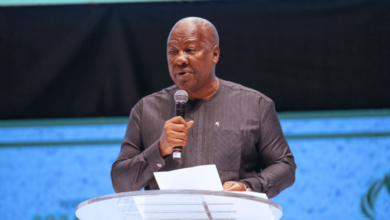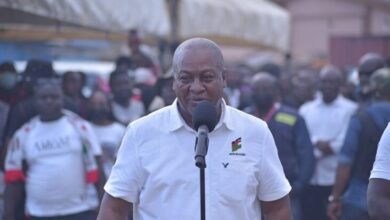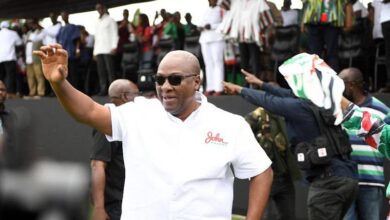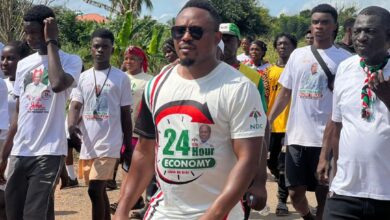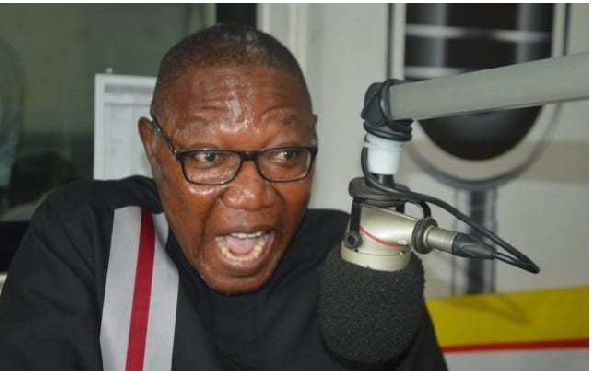
Member of Parliament for Builsa South, Dr. Clement Apaak, has lashed out at Gabby Asare Otchere-Darko over a comment he made on the prevailing economic situation.
Otchere-Darko, a leading member of the governing New Patriotic Party, NPP, suggestively complained about the dire economic crisis facing the country and the world at large.
He averred that the challenges were ‘real’ no matter where one found himself.
“The hassle is real. Whether global or not, it is real…,” Gabby Otchere-Darko tweeted.
Reacting to the comment by the NPP stalwart, Dr. Apaak indicated that it was an attempt to mock Ghanaians.
He said in a tweet that Ghanaians had long been experiencing economic challenges before the onslaught of the Covid-19 pandemic and the Russia -Ukraine war.
He maintained that the current challenges confronting the country were a result of gross mismanagement, incompetence on the part of the economic managers and corruption.
“Stop mocking Ghanaians. The hassle was real before Covid-19 and the Russian/Ukraine war. Ghanaians know the main reasons for the current hardship: gross mismanagement, incompetence and barefaced corruption,” Dr. Apaak tweeted.
Ghana’s economy has in recent times witnessed a downturn following what government says is a result of the ravages of the Covid-19 pandemic and the ongoing Russia-Ukraine war.
Recently, Standard and Poor’s (S&P) Global Ratings on Friday, August 5, pushed Ghana’s debt further into speculative territory, lowering its foreign and local currency sovereign ratings to CCC+/C from B-/B.
S&P which is one of the ‘Big Three’ credit-rating agencies, including Moody’s Investors Service and Fitch Ratings, in their report stated that the “Covid-19 pandemic and the conflict in Russia have magnified Ghana’s fiscal and external imbalances.”
“There is also demand for foreign currency that has been driven higher by several factors, including nonresident outflows from domestic government bond markets, dividend payments to foreign investors and higher costs for refined petroleum products.
“While these changes could improve the tax take going forward, the situation remains challenging, and over the first half of 2022, the fiscal deficit has exceeded the government’s ambitious target,” S&P Global Ratings stated.
Fitch, on the other hand, also downgraded Ghana’s Long-Term Foreign-Currency (LTFC) Issuer Default Rating (IDR) to ‘CCC’ from ‘B-‘.
In a report on Wednesday, August 10, 2022, Fitch said the downgrade reflects the deterioration has contributed to a “prolonged lack of access to Eurobond markets, in turn leading to a significant decline in external liquidity” and pushing Ghana deeper into junk territory.
“In the absence of new external financing sources, international reserves will fall close to two months of current external payments (debits in the current account) by end of 2022.
“Fitch estimates that Ghana faces USD2.75 billion of external debt servicing in 2022, including amortisation and interest, and USD2.8 billion in 2023. Access to external financing will remain tight, as Ghana is likely to remain locked out of Eurobond markets, which had come to be a regular source of external financing for the government,” the credit rating agency added in its statement.
The Government of Ghana, on July 1, announced a U-turn of an initial decision of not resorting to the IMF for support despite economic hardship hitting the citizenry.
Consequently, a team from the IMF arrived in Ghana to start negotiations with the Ghana government. The government has since maintained to secure a good deal for the country.
Disclaimer.

